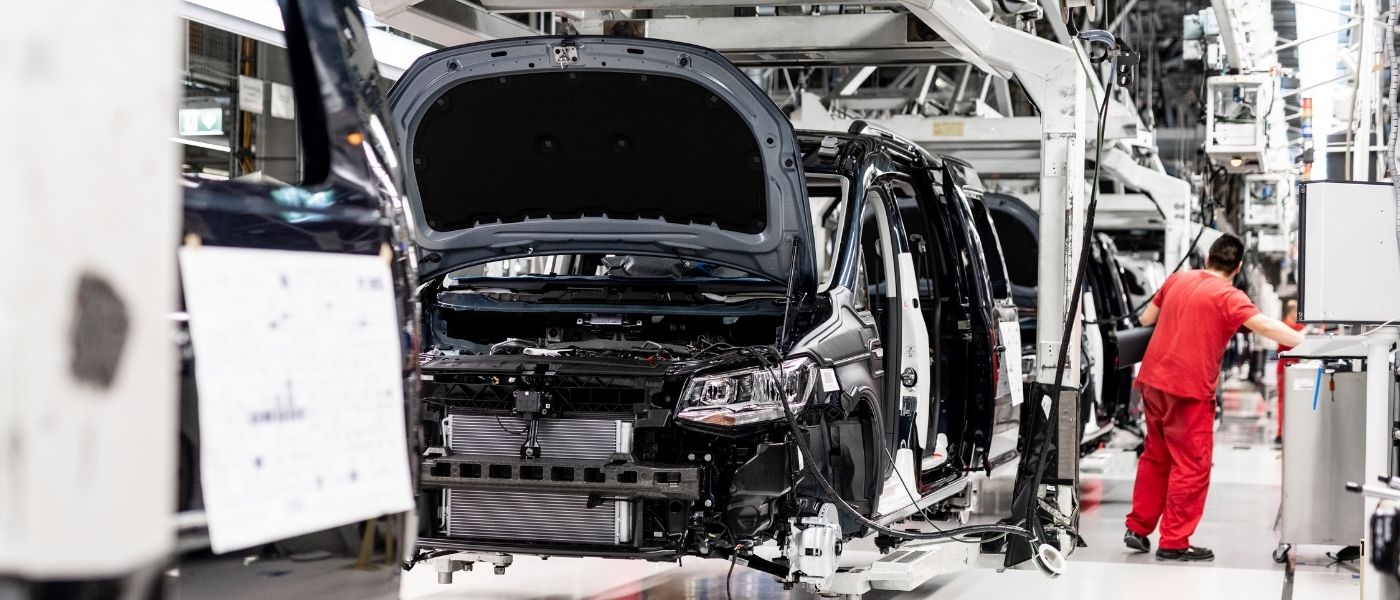You’ve probably noticed that cars seem to get nicer and nicer each year, with more features and better control in every new model.
With assisted braking, lane alerts, and even self-driving cars, we have to wonder, “What’s next? Where can this technology possibly go from here?” For a little insight, check out some of these recent trends in the automotive industry.
Autonomous Vehicles
Autonomous cars or self-driving vehicles have the potential to change everyday transportation by doing away with the need for human drivers. The use of delivery fleets of autonomous vehicles will be able to extend delivery services, save time by reducing downtime, and give passengers more secure travel experiences. This technology can lower incidents such as those caused by fatigued or reckless drivers.
AVs contain modern technology, like AI-enhanced object recognition, for recognizing the obstructions on the path. We hear about these kinds of vehicles all the time, making them one of the more interesting recent trends in the automotive industry.
Greener Cars
The concern for a bleak fossil fuel future and environmental harm means that we have to boost electric vehicle (EV) adoption. It will be harder to convince people to drive EVs unless they’re affordable, powerful, and capable of being recharged at a significant amount of charging stations.
Furthermore, making the switch from gasoline to cleaner alternatives needs to happen within corporate and government fleets and in local communities. While EVs have become more and more affordable over the last several years, there is still a ways to go before they start to catch up with gas-fueled cars. Another aspect of cars becoming greener is the adoption of LED light kits for cars. These lights are brighter and last significantly longer than traditional bulbs.
Human-Machine Interface
Drivers will have to adapt the way they interact with cars since autonomous vehicles and smart cars are completely transforming the automotive industry. To control vehicles, human-machine interfaces (HMIs) rely on voice or touch feedback.
This adds to the options people have to manage various elements of their cars, resulting in an enhanced driving experience that is better both for safety and pleasure. Drivers and passengers can get information from their smart virtual assistants, who help to guide them while in their vehicles and direct them to the selected locations.
Artificial Intelligence
One of the areas that AI applications impact is robotics automation in the automobile sector. Machine learning, deep learning, and computer vision are just a few examples of some of the AI technologies that are relevant to this industry.
Artificial intelligence systems assist self-driving cars, controlling and coordinating other vehicles as well as helping drivers enhance safety. These AI systems can even improve the efficiency of processes like vehicle maintenance or protection. It is increasingly used in the automobile industry to quickly produce products and assist in cutting costs.


